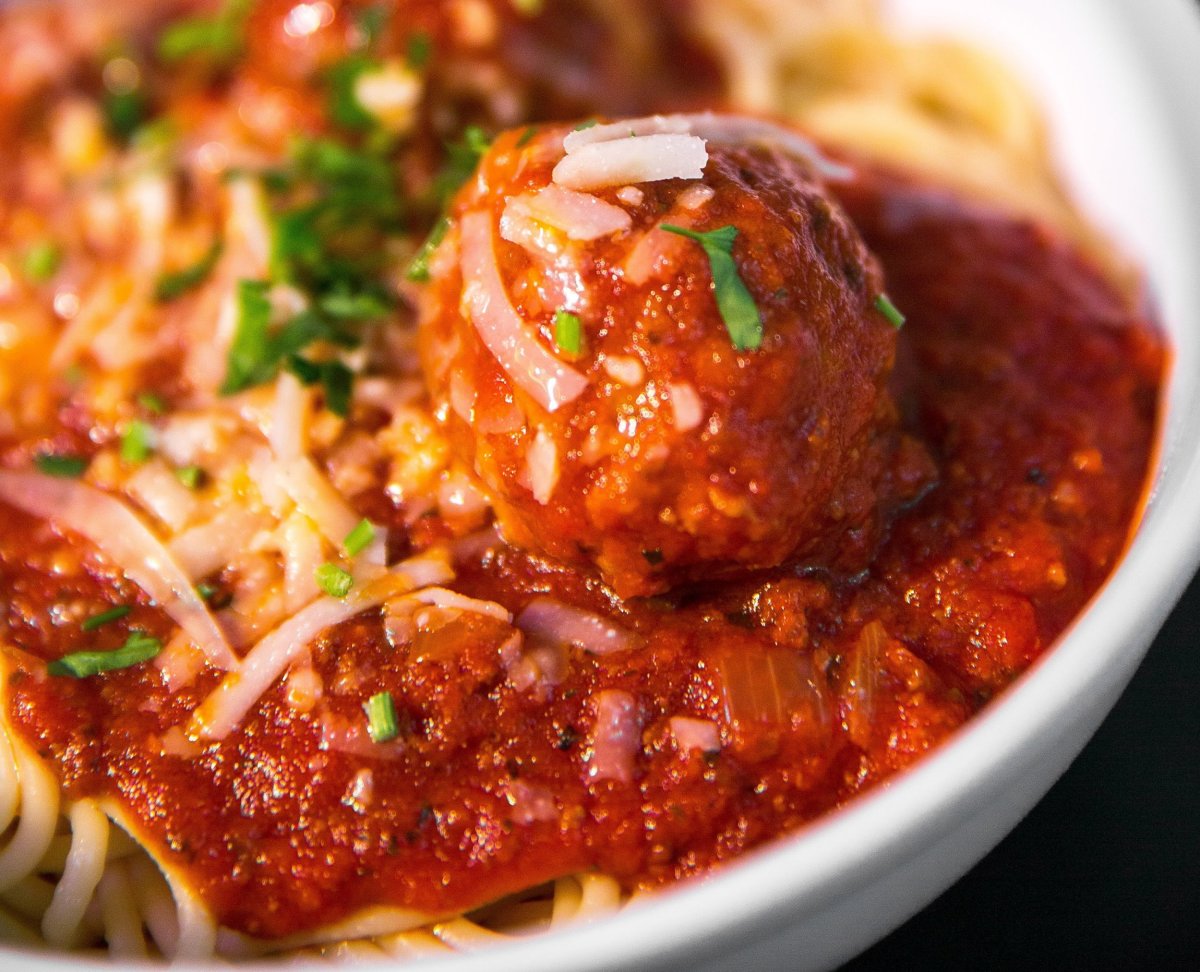Updated | Thanks to the popularity of low-carbohydrate diets such as keto and paleo, foods like pasta are widely seen as enemy number one when it comes to weight loss. But a study linking pasta to weight loss suggests the Italian staple has been wrongly vilified.
It all comes down to pasta's low glycemic index (GI), according to researchers at St. Michael's Hospital in Toronto, Canada. GI is a system used to rate how quickly a food affects blood sugar levels. The sugar in high GI foods such as white rice, white bread and potatoes are digested and absorbed quickly by the body, while low GI foods such as green vegetables and lentils are burned slowly.
Researchers investigated the supposed link between pasta and weight gain by assessing 30 randomized control trials with almost 2,500 participants who followed what was regarded as a healthy low GI diet, and ate pasta instead of other forms of carbohydrate. Study participants ate 3.3 servings of around a half cup of pasta on average each week.

By analyzing participants' body weight, BMI, body fat, and waist measurements, the researchers behind the study published in the BMJ Open journal found that pasta did not contribute to weight gain or increased fat levels. Over 12 weeks, they lost half a kilo on average. The results could be explained by the fact that lower GI foods satiate hunger better, and therefore prevented people from consuming more food, according to the authors.
The researchers noted that while there are many types of pasta, they all generally have a lower GI status than other starchy foods such as white bread. The study emphasized that the inclusion of whole grains does not significantly affect pasta's GI status. And while it is relatively low in fiber, pasta has a similar GI rating to fiber-rich foods such as barley, legumes and steel cut oats, and a lower rating than wholewheat bread, breakfast cereals like bran flakes and potatoes with skin. On average, white pasta also has a higher micronutrient content than other white wheat products.
"These results are important given the negative messages with which the public has been inundated regarding carbohydrates, messages which appear to be influencing their food choices, as evidenced by recent reductions in carbohydrate intake, especially in pasta intake," the authors wrote.
"So contrary to concerns, perhaps pasta can be part of a healthy diet such as a low GI diet," lead author Dr John Sievenpiper, a clinician scientist with the hospital's Clinical Nutrition and Risk Modification Centre, said in a statement.
"In weighing the evidence, we can now say with some confidence that pasta does not have an adverse effect on body weight outcomes when it is consumed as part of a healthy dietary pattern."
The authors said that the overall weight loss was likely down to eating pasta alongside other low GI foods. Further research is now needed to assess whether the same effects of eating pasta would occur in other healthy eating patterns, such as Mediterranean and vegetarian patterns, which may not be primarily focused on low GI.
Nichola Ludlam-Raine, a qualified dietitian and spokesperson for the British Dietetic Association told Newsweek that gram for gram, carbohydrates are not fattening.
"Carbohydrates actually provide only four calories per gram, which is the same as protein and is under half of what fat provides (nine calories per gram).
"The reason why carbohydrates have a bad rep is that we tend to eat too much of them and then smother them in fat and sugar, i.e. extra calories. For example big bowls of cheesy pasta and sugary cereal. So it isn't carbohydrates per se that cause weight gain, it's the portion size in which we eat them and what we add to them that counts."
She added: "I personally advise people aim for a clenched fist size of cooked pasta (preferably wholemeal) at a meal, remembering that pasta swells during cooking.
"It's not the amount of fats or carbs in your diet that matters, it's down to the overall quality and taking both into account matters."
This story has been updated to include a comment from Nichola Ludlam-Raine.
Uncommon Knowledge
Newsweek is committed to challenging conventional wisdom and finding connections in the search for common ground.
Newsweek is committed to challenging conventional wisdom and finding connections in the search for common ground.
About the writer
Kashmira Gander is Deputy Science Editor at Newsweek. Her interests include health, gender, LGBTQIA+ issues, human rights, subcultures, music, and lifestyle. Her ... Read more
To read how Newsweek uses AI as a newsroom tool, Click here.








